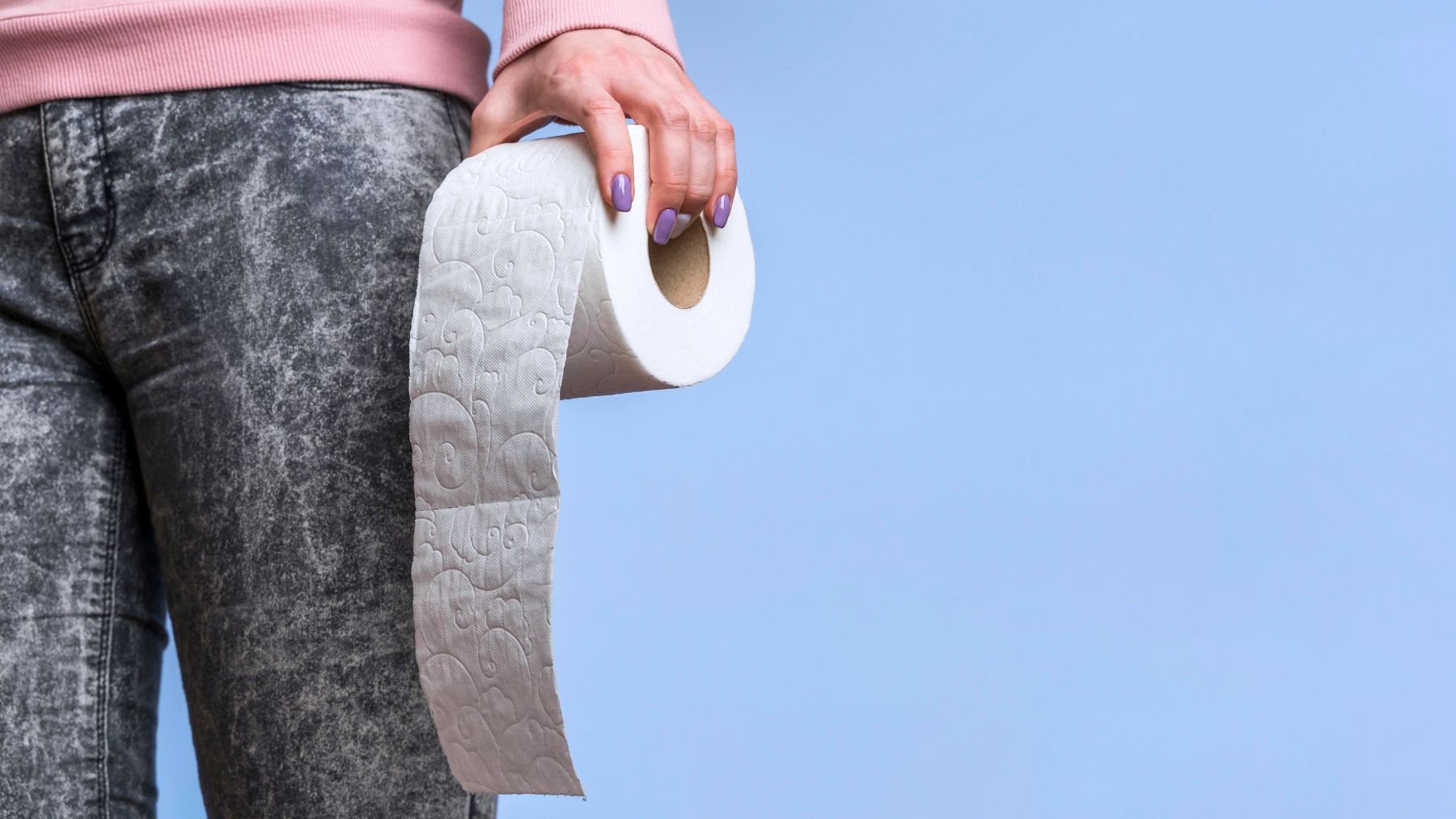Researchers from the Institute for Systems Biology studied over 1,400 adults who were considered generally healthy. They tracked poop frequency, analyzed stool and blood samples, and reviewed diet and lifestyle habits. What they found points to a clear connection between how often you go and the state of your gut, liver, kidneys, and even your risk for certain chronic diseases.
In the sections below, we’ll break down what the study revealed about different poop frequency patterns and their links to specific health markers. We’ll also cover simple, evidence-based tips to support regular bowel movements and improve your gut health through everyday habits like diet, hydration, and exercise.
The link between poop schedule and health
The study, published in Cell Reports Medicine, grouped participants into four categories based on how often they had bowel movements. The healthiest group—what researchers called the “Goldilocks zone”—went once or twice a day. People who pooped less than three times a week were categorized as constipated. Those who went more than four times a day, often with watery stools, were classified as having diarrhea.
Blood and stool samples showed some notable differences across these groups. Those in the constipation group had higher levels of harmful bacteria in their stool and showed more signs of toxic byproducts in their blood. One of those, indoxyl-sulfate, is known to damage the kidneys. This happens when stool stays in the gut too long, and bacteria switch from fermenting fiber to breaking down protein, producing toxic compounds.
On the other end, people in the diarrhea group had stool with bacteria typically found higher up in the digestive tract. Their blood also showed markers linked to liver stress. In contrast, people in the once-a-day range had stool rich in fiber-fermenting bacteria and higher levels of short-chain fatty acids like butyrate, which are known to reduce inflammation and support metabolic health.
How to support regular, healthy bowel movements
While poop schedules vary, there are a few habits that can help move you toward the once-a-day zone. Here’s what the study and other research suggest:
- Eat more fiber: Fruits, vegetables, legumes, and whole grains all support the growth of good gut bacteria and help keep things moving. Aim for a mix of soluble and insoluble fiber to support digestion.
- Stay hydrated: Water helps soften stool and makes it easier to pass. Dehydration is a common trigger for constipation.
- Move your body: Regular physical activity supports gut motility. Even a daily walk can help.
- Pay attention to changes: Everyone’s normal is different, but sudden or unexplained changes in frequency, texture, or color could signal a problem. Keep an eye on what’s usual for you and talk to your doctor if something shifts.
- Give yourself time: Many people suppress the urge to go because they’re busy. When you feel the urge, try not to delay. Holding it in can make constipation worse.
If you regularly experience constipation or diarrhea, or your habits fall outside the one-to-two times per day range, it may be worth looking at your diet and lifestyle. Your gut health affects more than digestion, and your poop schedule might be a useful signal to pay attention to.

